Real Estate Listings & WordPress Schema
Real estate listings have shifted online, and the new challenge is convincing search engines that your properties deserve to appear in front of the right people.
Schema markup can help. Structured data gives Google and other platforms a direct explanation of your content. If you run a WordPress site, you can install plugins to insert these details without writing every line of code by hand. This helps your listings show special features in search, like ratings or open house times. It also boosts user engagement because buyers see more specifics at a glance.
Understanding Schema & Its Purpose
Schema is a way to label your pages with code so search engines better grasp your offering. It doesn’t guarantee a ranking boost but can lead to better click-through rates because your result looks more appealing. Some pages might show property photos, star ratings, or frequently asked questions on the search page. Others might highlight a real estate event or local business details. Not every site uses schema, so adding it can put you ahead of the pack. That can mean more relevant traffic and more qualified leads.
Helpful Schema Types for Real Estate
Property listings come in many flavors. Different schema types highlight unique aspects of each, and a few standard types can be layered in if they fit your content.
- RealEstateListing & LeaseLength
- Show that your page is a real estate offer.
- Let searchers see if the listing is a short-term or long-term rental.
- Tied closely to single properties or blocks of property info.
- SingleFamilyResidence
- Pinpoints a standalone home.
- It lets you include total rooms, baths, or square footage.
- It is good for typical houses in suburban or rural settings.
- Video Schema
- Embeds details for property tours or walkthroughs.
- It helps a page stand out with a “Video” link on the search results.
- It is useful when viewers prefer a tour before scheduling an in-person visit.
- Event Schema
- Advertise open houses or 3D tours with specific time slots.
- Attracts buyers ready to see the place.
- This often leads to direct booking links.
- Organization & LocalBusiness
- Adds contact info, addresses, and hours for your company or office.
- Appears in knowledge panels on the right side of Google search pages.
- Perfect for real estate brokerages with one or more physical locations.
- FAQ Schema
- It lets you display top questions and answers in a dropdown.
- It takes up more space on search pages, pushing competitors down.
- It is helpful if you want to share property-related tips or show Q&A about financing.
- Other Common Types
- Sites that offer articles might mark them up to show publish dates.
- Some real estate agencies list courses or training programs, so “Course” markup can help.
- A business with user feedback might add “Review” or “Product” markup to show ratings.
Smart SEO Moves for Real Estate Sites
Many real estate pros install a mortgage calculator plugin on WordPress. That tool keeps visitors on your site and can improve user satisfaction. Some aim for featured snippets by placing short, direct answers on property pages. That might secure a top “answer box” spot, especially if you structure the text well. Schema builds on these tactics because it provides more clarity about your site, from property details to event times.
Approaches for Adding Schema
WordPress offers multiple ways to integrate structured data. Three main methods are common:
- JSON-LD
- The approach Google prefers.
- It lets you drop code in a single script tag.
- It’s easiest to maintain if you’re juggling several listings.
- Microdata or RDFa
- Both embed markup directly into the HTML tags of your page.
- It can be more cumbersome if your site has many pages.
- It’s still a valid option if you’re comfortable with inline attributes.
- Plugins & Tools
- Schema Builder from schema.dev or other SEO plugins handle the coding.
- You pick the schema type and fill in fields for addresses, phone numbers, or event times.
- It’s a good choice if you’d rather not write JSON-LD from scratch.
After you add schema, test it. Google’s Rich Results Test tool (or the Site Audit in certain SEO platforms) checks for errors. Even if your code is correct, Google does not promise to display rich results. However, it often does if everything is relevant and follows best practices.
Keep Virtual Tours & Open Houses Simple
Real estate shoppers like convenience. Adding event schema for open house hours or video schema for a recorded walkthrough helps them see your offering faster. Some plugins let you tie an open house schedule to the listing page. That schedule may appear in search, prompting potential buyers to sign up. During slow seasons, that extra clarity can raise attendance or lead to an online chat that seals the deal.
Why Schema Helps You Stand Out
Structured data doesn’t directly push you higher in search ranks. It does enhance your snippet’s look, which can attract more clicks. This can lead to higher click-through rates. That often signals to Google that your page is relevant. As a result, you might become more visible for related searches. Curious buyers may visit you first if your listing has star ratings or frequently asked questions rather than scanning competitor sites. In real estate, that extra interest often converts to more calls or showings.
Practical Tips & Best Practices
Add as many relevant fields as possible when marking up a property. Keep the data current—if the listing’s price or availability changes, your schema should reflect it. Avoid spammy tactics or irrelevant tags since they can cause Google to ignore your markup. Double-check everything with a testing tool, especially if you’re new to structured data. If you run a large real estate platform with thousands of pages, consider a site-wide approach that inserts schema automatically.
Closing Thought on Implementation
Begin with core types like RealEstateListing, SingleFamilyResidence, or LocalBusiness. Then expand to optional ones: event times for open houses, FAQ for top buyer questions, or star ratings for user feedback. WordPress makes it simpler with dedicated plugins that handle the trickier coding steps. If you’d like step-by-step help, Google’s Structured Data Markup Helper can walk you through tagging elements on a page. Once done, you’ll likely enjoy more prosperous search snippets, more engaged visitors, and a better shot at winning new clients online.
Visit schema.org or Google’s Rich Results page for more details on structured data guidelines. With the proper schema in place, real estate listings shine a bit brighter—no major rebranding required, just a clean markup strategy that displays every key detail upfront.

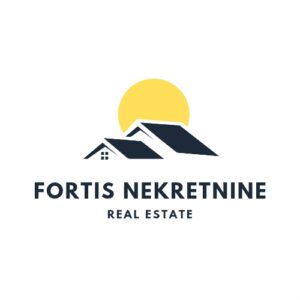
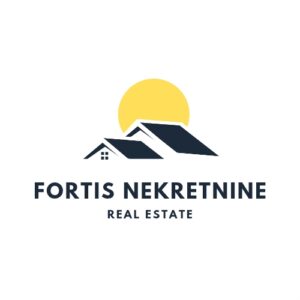
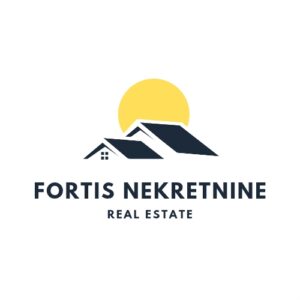
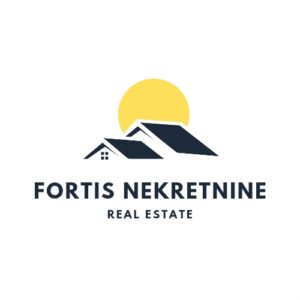






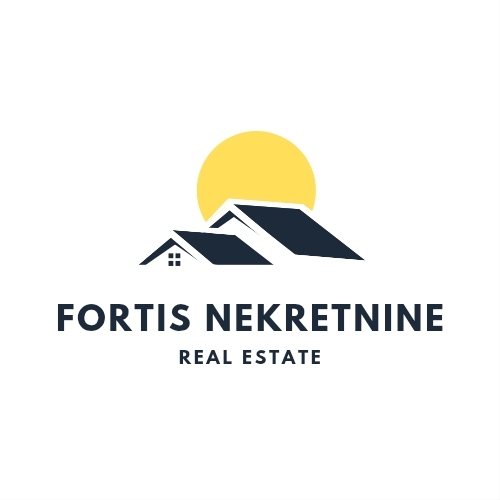
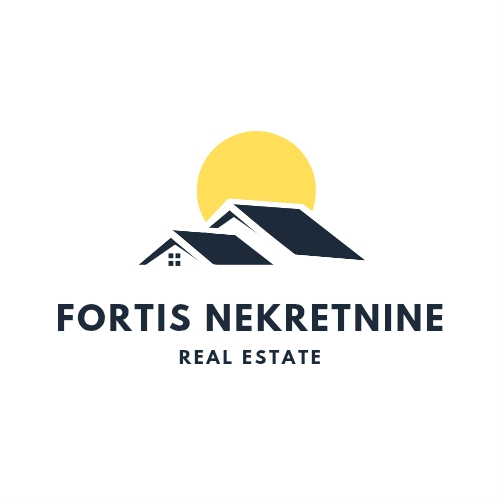
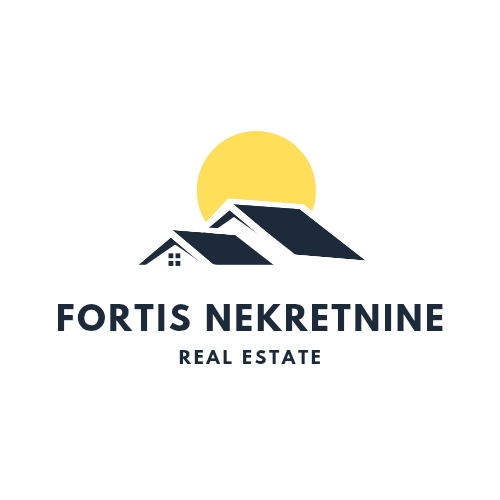
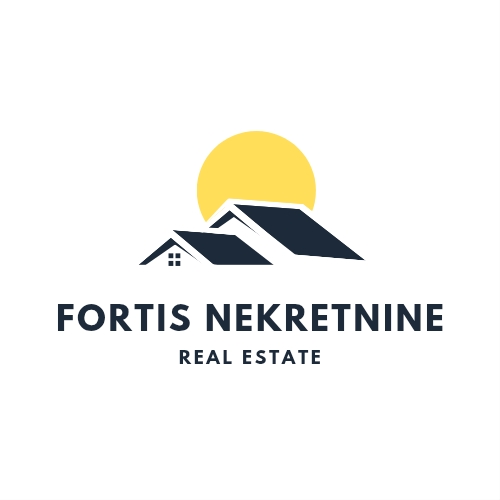



+ There are no comments
Add yours